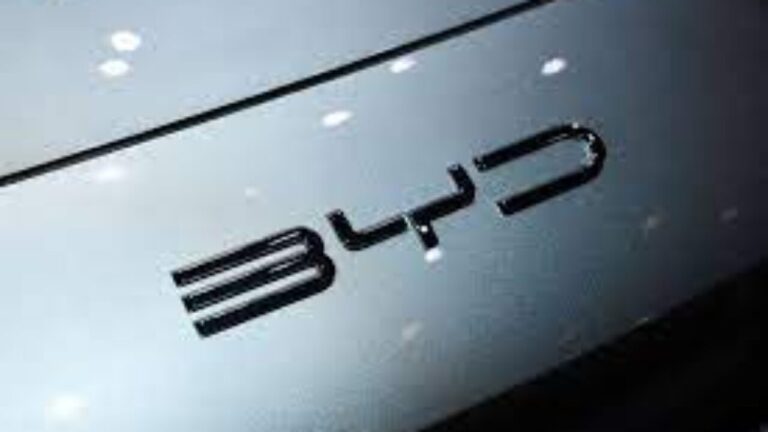The sticker tags for the Seagull, a tiny car, will now start at 69,800 yuan ($9,700).
BYD has become a persistent discounter in the pricing war that Tesla started in the world’s largest auto market last year. Despite the fact that the majority of BYD’s vehicles are sold in China, its aggressive posture has enabled it oust its US rival as the world’s largest seller of EVs.
This year, it has implemented a series of price cuts, including a nearly 12% drop in the Yuan Plus crossover, its best-selling vehicle in outside markets known as the Atto 3. Price cuts have been deeper than competitors’ and have applied to a broader range of models.
Despite uneven development in the world’s second-largest economy, sales (including exports) of new energy vehicles such as pure battery EVs and plug-in hybrids are predicted to increase 13% to 11.5 million units this year. That is significantly less than the projected 38% increase in growth for 2023.
Other automakers that have brought out fresh price cuts this year include Tesla, Geely Auto (0175.HK), GAC Aion, Leapmotor (9863.HK), and Xpeng (9868.HK).
Shi Ji, a Hong Kong-based analyst with China Merchants Bank International, believes BYD will offer additional discounts through 2024, which would put pressure on the brand’s gross margin but could be mitigated in part by supplier cost decreases.
Gross profit margins for the Warren Buffett-backed manufacturer have so far held up quite well. According to calculations, its third-quarter margin increased to 22% from 18.7% in the second quarter.
BYD has also been aggressively extending its business abroad. It is, for example, leading a Chinese EV push in Australia and has started work on a manufacturing site in Brazil.
